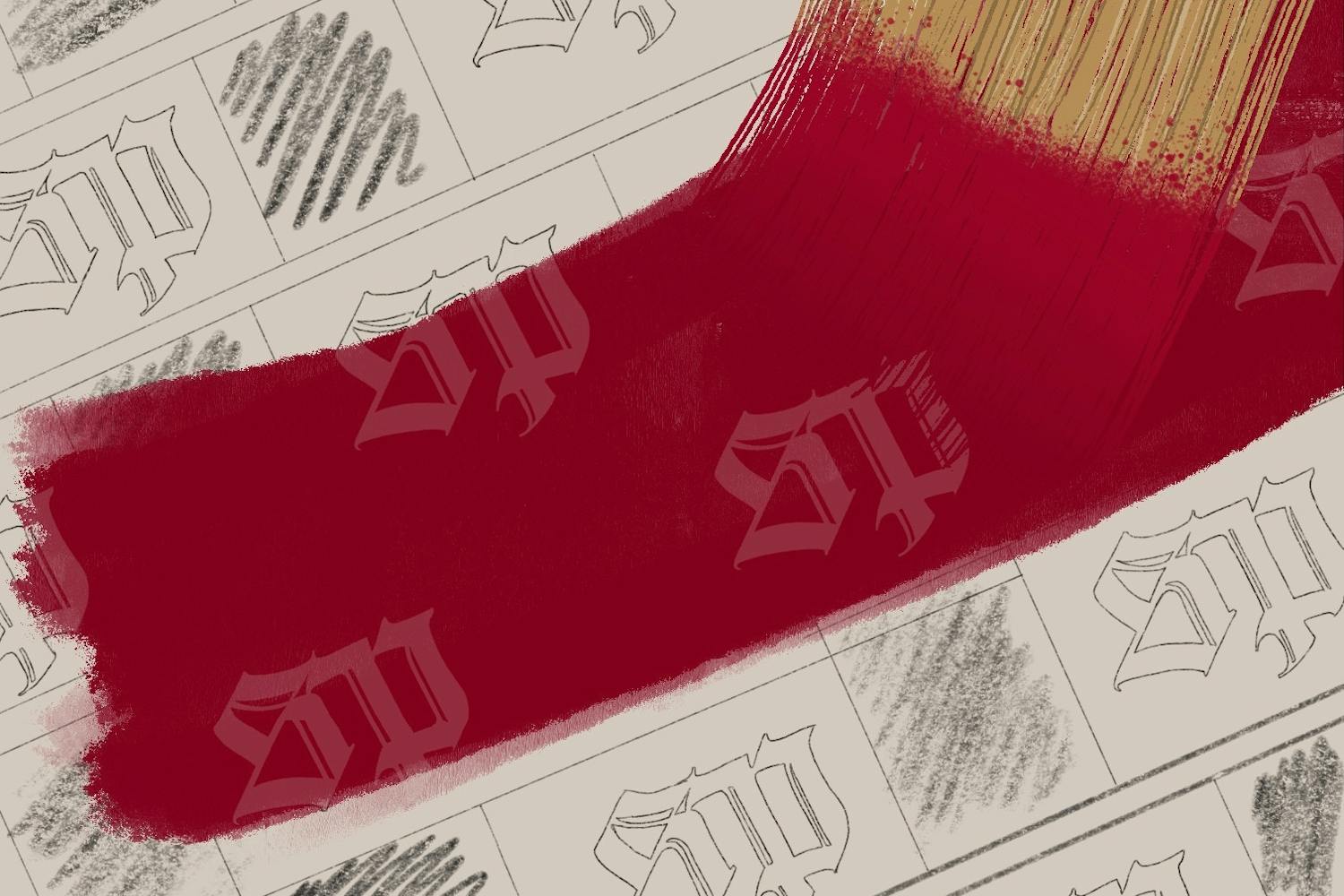While I never played the original Ratchet and Clank, due to my caution around games that have kiddie-cartoon-looking covers, the demo disc for its sequel, Ratchet and Clank 2: Going Commando, is making me wish that I had.
The cartoon graphics and background music in the game may give you the illusion that the game is for kids only, but it's an inventive take on typical platformers.
The back story
The demo doesn't reveal much about the plot, but it seems that Ratchet
and Clank have moved on after putting away Chairman Drek in the last
game. The cartoon furball, Ratchet, and his miniature robot friend,
Clank, have been taken to the Bogon galaxy.
The pair are working as commandoes for MegaCorp, trying to stop
Thugs-4-Less from doing a lot of bad stuff by killing massive amounts of
baddies. In fact, the bad guys have tried to stop MegaCorp's broadcasting of arena battles taking place at the Maktar Resort.
In one level, you go to the resort. In another, you run around the
outside of a battle sphere trying to deactivate transponders and restore
the battle broadcast. Nobody better mess with the people's right to watch
televised sporting events.
Other scenarios include taking part in battles in the arena, complete
with a cheering crowd and announcer, and participating in difficult
hoverbike sub-missions to earn points and win weapons. The hoverbikes steer smoothly through scenery that rivals any racing-only game, and the look and feel of the game stay fairly consistent throughout different styles
of game play.
Beyond platforms
Judging from the demo, this game is going through a bit of an identity
crisis. It's one part platform run-and-shooter, one part real-time
fighter and one part racer. Thrown in between are role-playing elements
like experience points that can be gained by repeated successful kills,
and the ability to purchase weapons from conveniently-stationed vendors.
The mega-capitalist universe of Ratchet and Clank seems to
lend itself to game play that includes a little bit of buying and selling.
The numerous elements in the game are sometimes confusing on the whole,
but in this game the combination makes for some exciting and varied
gaming.
Overall, the controls are extremely responsive. With the push of one
button, you can bring up the weapons menu to easily swap guns on the fly.
There are a lot of pre-existing and new tools of the trade in this
sequel, but you can also use Ratchet's wrench as an effective club to take
out enemies.
The tractor beam moves objects around, while gravity bombs and laser
guns and all sorts of other items are always waiting to be won or
collected for use. Ratchet also has the capability to fly around like a
helicopter in a manner similar to Tails' flying capabilities in the old
Sonic the Hedgehog games.
The constant collection of bolts in the game is also seemingly handed
down from the days of collecting rings in the Sonic series. The
bolts, a sort of currency in the game, appear both in the scenery and
whenever you kill a baddie. Magnetically attracted to Ratchet's armor,
they jump up when Ratchet runs by.
Graphics
The graphics consist of beautifully-rendered 3D images of your usual
high-tech, science fiction landscape. For a game running on the gradually aging Playstation2 console, that's no small feat. The game strikes a good balance
between including a lot of detail and getting bogged down by too much
detail. Objects in the distance are fuzzier than they appear close-up, but
I can't complain too much. The 3D visuals always keep up with the
game's pace.
The design of the game almost feels cynical. The imagery is
cartoon-like, while the subject matter is obviously based on darker themes. The
game's dark themes are reflected in the background scenery for this game,
with darker-toned metals and construction materials used to build the
world of Ratchet and Clank.
My only gripe with the game's graphics is with the occasional
disruptive shift in perspective. This seems to be a problem common to all of the
3D platform games, which seek to illuminate players' views of the
game's landscape by zooming in on occasions when a closer look is needed.
Within the battle sphere level, in which you crawl around the surface
of a moon-like sphere to deactivate huge transponder gadgets, the camera
location and zoom level become hindrances to gameplay. You lose the
ability to see what is coming up. In the case of areas in which you are
high off the ground, it is quite possible to fall off the platform and
into the void of space (i.e. die or have to start your trip to the top
over again) simply because you couldn't see the gap in front of you.
Sound
While the graphics are simply stunning, the sounds are wholly
unremarkable. Insomniac Games could have done a lot better, with the majority of
the game's noises consisting of a grunt here, a groan there and
spacey-sounding "whoosh" sounds every time one of the cool high-tech gadgets
are used to take out a baddie. The crowd noise in the arena battles is a
nice touch, as are the repetitive announcer's comments, but nothing
else is memorable.
The background music is a vague, rousing-yet-cheerful throwback to an
old "Looney Tunes" cartoon, but the volume is so low in relation to the
constant whacking and grunting of the characters that you can barely
notice it.
Overall
This game is unique for its ability to incorporate all sorts of game
elements into one game, while still managing to be an extremely solid
platformer. Look beyond the cheesy cartoon graphics and cute, cuddly
animal characters to see the violence and cynicism that lie beneath. This
game is surprisingly good.
Nicole Saidi is the Content Editor of the Web Devil. Reach
her at
href="mailto:nicole.saidi@asu.edu">nicole.saidi@asu.edu.



